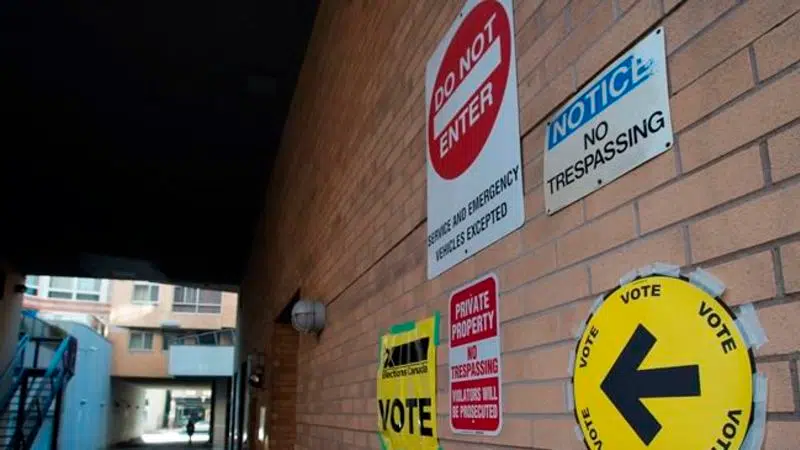
The Liberals broke their promise on electoral reform. Will it hurt them in 2019?
OTTAWA — Andrew Cash thinks the Liberal promise to bring in electoral reform might have cost him his job.
He also believes the fact that the Liberals abandoned the pledge, which he said is one of many reasons why progressive-minded voters are disenchanted with Justin Trudeau and his government, could help him get that job back in the Oct. 21 election.
The New Democrat candidate in the downtown Toronto riding of Davenport lost by a narrow margin — 1,441 votes, or about three percentage points — to Liberal Julie Dzerowicz in the 2015 election, one of many upsets in the red wave that swept across the country.
Cash, who is now running there again, says electoral reform is one of the issues that comes up, unprompted, when he knocks on doors.


